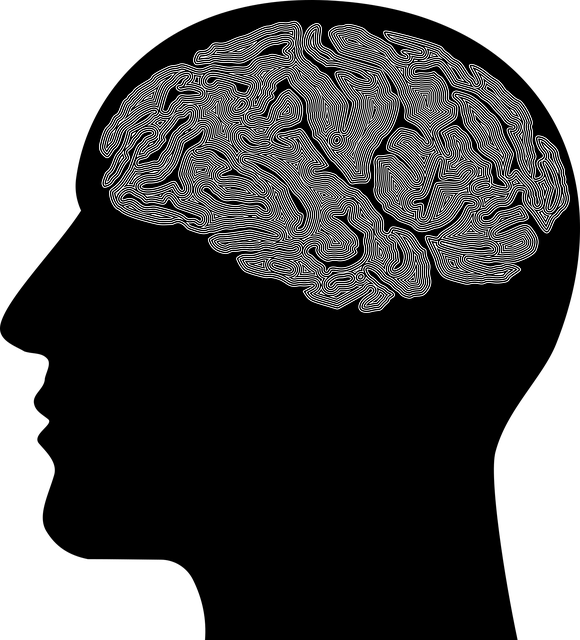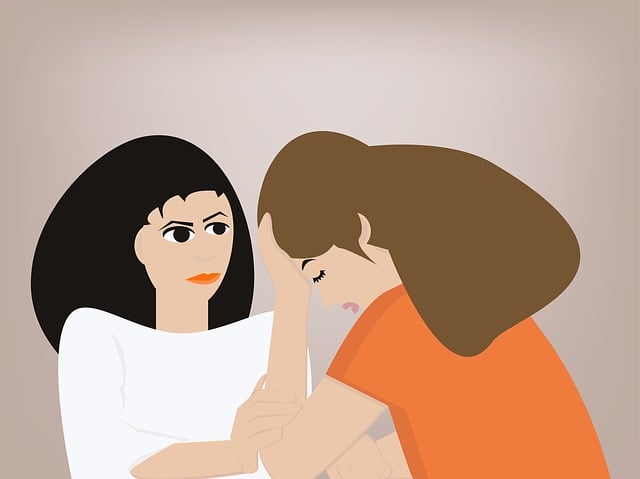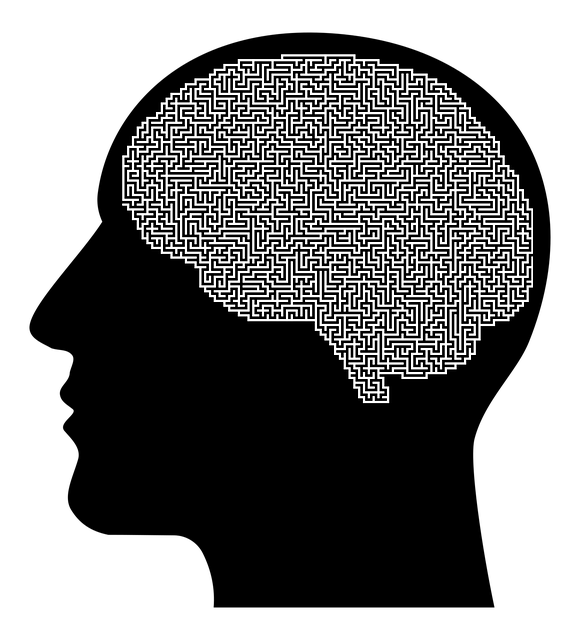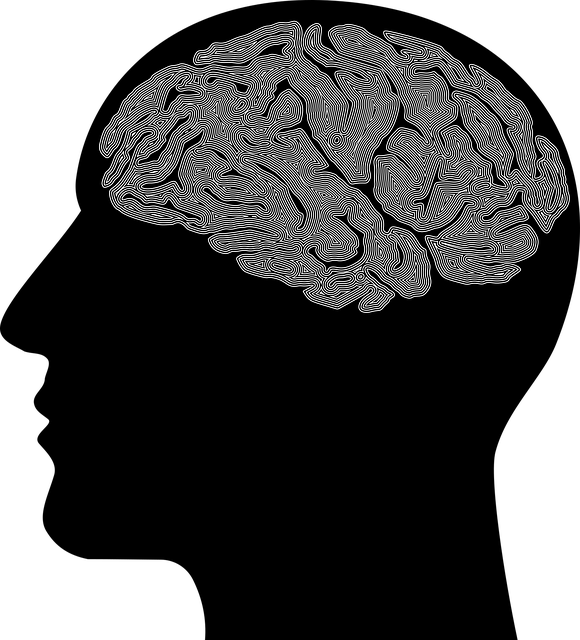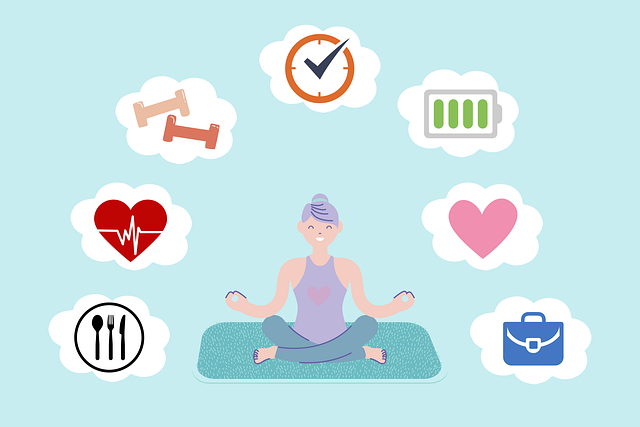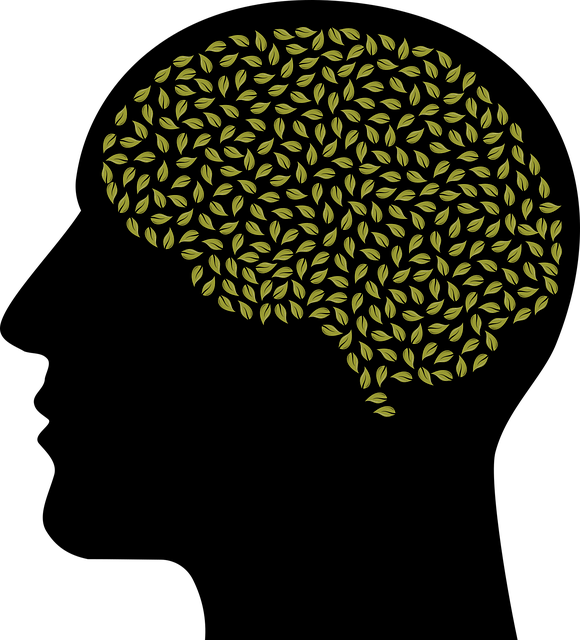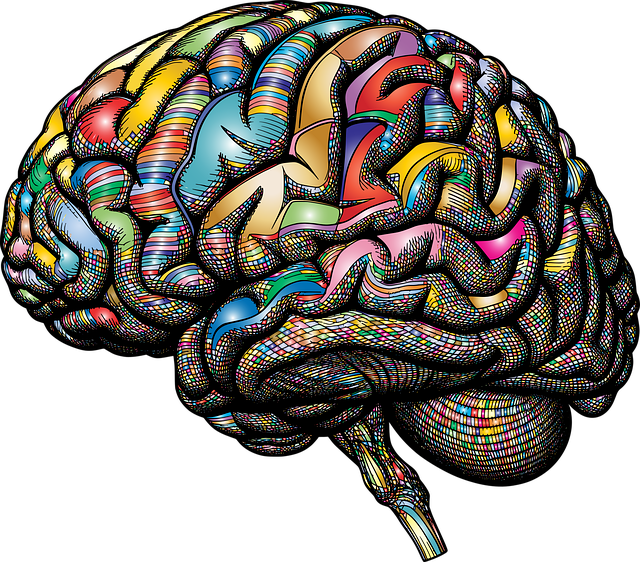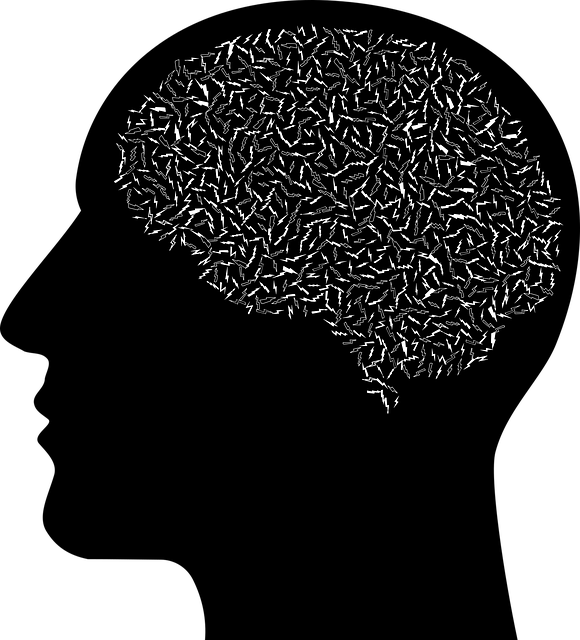Panic disorder and anxiety attacks are complex mental health issues causing intense fear. Effective therapy goes beyond stress management, addressing genetic predispositions, trauma, or chronic stress. CBT and mindfulness techniques challenge negative thoughts, teach coping strategies, and promote positive thinking for better mental wellness. Integrated therapy and wellness coaching provide holistic solutions, combining evidence-based practices with lifestyle changes to prevent burnout. By learning advanced coping skills, deep breathing exercises, and mindfulness, individuals gain control, build resilience, and enhance overall well-being, while public awareness campaigns promote these techniques for comprehensive support.
Coping skills development is a vital process for individuals dealing with panic disorder and anxiety attacks. This comprehensive guide explores effective strategies to manage these conditions, focusing on cognitive behavioral therapy (CBT) techniques and mindfulness practices. We delve into the transformative power of therapy for adults suffering from panic disorder, offering insights into building resilience and long-term coping mechanisms. Discover how these evidence-based approaches can empower individuals to navigate their mental health journeys with greater ease.
- Understanding Panic Disorder and Anxiety Attacks
- The Role of Therapy in Coping Skills Development
- Cognitive Behavioral Therapy (CBT) Techniques
- Mindfulness and Relaxation Strategies
- Building Resilience and Long-Term Coping Mechanisms
Understanding Panic Disorder and Anxiety Attacks

Panic disorder and anxiety attacks are common but often misunderstood conditions that significantly impact an individual’s mental wellness. These disorders manifest as recurrent, unexpected episodes of intense fear or anxiety, known as panic attacks, which can leave sufferers feeling overwhelmed and detached from reality. During a panic attack, various physical symptoms such as rapid heartbeat, sweating, trembling, and shortness of breath may occur, often causing individuals to believe they are experiencing a medical emergency.
While everyone might experience occasional anxiety, therapy for adults with panic disorder goes beyond managing surface-level stress. It involves exploring the root causes of these attacks, which can stem from various factors including genetic predisposition, traumatic life events, or chronic stress. Effective treatments include cognitive behavioural therapy (CBT), which focuses on challenging negative thought patterns and behaviours. Social skills training is also beneficial, teaching individuals coping strategies to navigate social situations with reduced anxiety. Cultivating positive thinking and mindfulness practices are integral components of recovery, empowering individuals to regulate their emotional responses and enhance their overall mental wellness.
The Role of Therapy in Coping Skills Development

Therapy plays a pivotal role in coping skills development for adults struggling with panic disorder and anxiety attacks. Professional therapy sessions provide a safe and supportive environment where individuals can explore the roots of their anxiety, learn to recognize and manage triggers, and acquire evidence-based strategies to cope effectively. Through techniques such as cognitive behavioral therapy (CBT), mindfulness practices, and relaxation training, therapy empowers adults to gain inner strength and build resilience against panic attacks.
Mental wellness coaching programs, combined with therapy for adults panic disorder and anxiety attacks, offer a holistic approach to coping skills development. These programs focus on burnout prevention by teaching individuals sustainable stress management techniques and fostering positive lifestyle changes that support mental wellness. By integrating the insights gained from therapy into everyday life, participants develop enhanced self-awareness and inner strength, enabling them to navigate challenging situations with greater ease and confidence.
Cognitive Behavioral Therapy (CBT) Techniques

Cognitive Behavioral Therapy (CBT) is a highly effective approach for adults struggling with panic disorder and anxiety attacks. This therapy focuses on identifying and changing negative thought patterns and behaviors that contribute to fear and worry. CBT techniques empower individuals to challenge their distorted thinking, replacing it with more realistic and balanced perspectives. By learning to manage their thoughts, emotions, and physical reactions, people can reduce the frequency and intensity of panic attacks and build confidence in their ability to cope.
Through CBT, patients acquire valuable coping skills tailored to their unique needs. This includes relaxation techniques, such as deep breathing exercises, mindfulness practices, and progressive muscle relaxation, which help individuals regain a sense of control during moments of anxiety. Additionally, CBT encourages the development of problem-solving strategies, enabling adults to navigate challenging situations with greater resilience. Public awareness campaigns that promote these skills can play a significant role in burnout prevention, fostering a more supportive and informed community.
Mindfulness and Relaxation Strategies

Mindfulness and relaxation strategies play a pivotal role in coping skills development for adults suffering from panic disorder and anxiety attacks. Techniques such as deep breathing exercises, meditation, and progressive muscle relaxation help individuals to center themselves, reduce stress, and regain control over their bodily responses during anxious episodes. By cultivating mindfulness, individuals learn to observe their thoughts and emotions without judgment, fostering a greater sense of self-awareness and emotional regulation.
These practices are not just therapeutic tools; they empower adults with panic disorder to navigate their mental health challenges more effectively. Incorporating mindfulness and relaxation into daily routines can enhance overall well-being, build resilience, and even inform conflict resolution techniques. In the broader context of mental health policy analysis and advocacy, promoting such coping mechanisms can contribute to more holistic and effective support systems for individuals dealing with anxiety-related disorders.
Building Resilience and Long-Term Coping Mechanisms

Building resilience is a key aspect of developing long-term coping mechanisms, especially for individuals dealing with panic disorder and anxiety attacks. Through therapy for adults with these conditions, mental health professionals can help clients cultivate a strong sense of self-efficacy and adaptability. This involves teaching effective stress management techniques, such as mindfulness practices and cognitive reframing, which enable individuals to respond to challenging situations in healthier ways. By integrating these skills into daily routines, people can better navigate triggers and reduce the impact of anxiety symptoms over time.
Additionally, risk management planning is essential for maintaining mental well-being. Mental health professionals can guide clients in creating personalized strategies to anticipate and cope with potential stressors. This includes developing self-care practices tailored to individual needs, such as regular exercise, sufficient sleep, and engaging in hobbies. Social skills training can also play a significant role, fostering connections and support systems that contribute to overall resilience. These comprehensive approaches empower individuals to take control of their mental health, leading to improved coping abilities and enhanced quality of life.
Coping skills development is a crucial aspect of managing panic disorder and anxiety attacks. By understanding these conditions, leveraging therapy such as Cognitive Behavioral Therapy (CBT), adopting mindfulness and relaxation strategies, and building resilience, adults can effectively navigate their symptoms and improve overall well-being. Engaging in therapy for adults with panic disorder and anxiety attacks offers powerful tools to enhance coping mechanisms, enabling individuals to lead more balanced and fulfilling lives.

